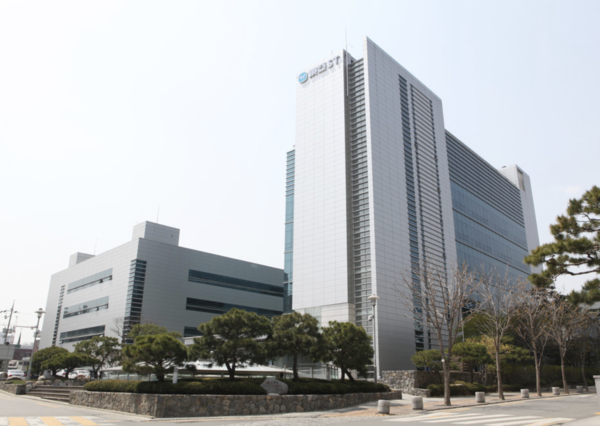Dong-A ST has completed its domestic phase 3 clinical trials for its proprietary overactive bladder (OAB) drug. Now, attention turns to data analysis and regulatory approval, as the company is poised to enter the drug commercialization process, marking the potential fruition of a 14-year research effort.

According to the Ministry of Food and Drug Safety (MFDS) Tuesday, Dong-A ST completed the phase 3 clinical trial for DA-8010, a novel muscarinic M3 receptor antagonist, that has been under study for over two years since its approval in January 2022. This medication, which helps regulate bladder contractions, acts as an antimuscarinic agent, the primary treatment for OAB. It works by reducing involuntary bladder contractions and increasing bladder capacity, thereby alleviating urinary urges. Dong-A ST aims to position DA-8010 as a once-daily, best-in-class (BIC) OAB medication.
Phase 1 trials were completed in Europe in 2017, followed by phase 2 trials in Korea in 2020. The recent completion of the domestic phase 3 clinical trial brings the research close to commercialization after approximately 14 years since its inception.
The phase 3 trial was conducted to evaluate the efficacy and safety of DA-8010 in treating OAB in 607 patients over a 12-week period. The primary endpoint was the change in the average number of micturitions per day from the baseline at 12 weeks. Participants were divided into groups receiving DA-8010, a placebo for DA-8010, or a placebo for solifenacin succinate, an antimuscarinic agent, used as an active comparator drug.

